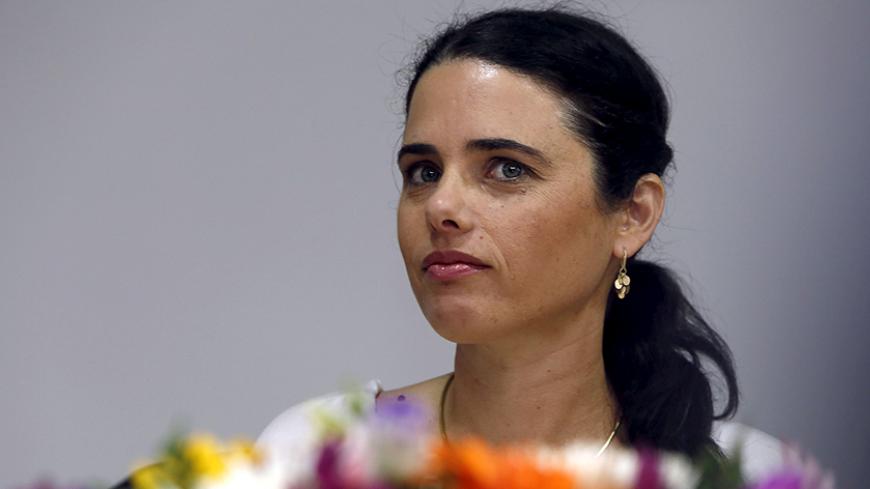In October 2013, only a few months after the establishment of Prime Minister Benjamin Netanyahu’s third government, Knesset members Ayelet Shaked (HaBayit HaYehudi) and Yariv Levin (Likud) submitted a series of legislative initiatives to the Knesset. The bills were designed to weaken the power of the Supreme Court and halt the court’s leanings toward judicial activism. Shaked and Levin’s package of bills were supposed to shake up the Israeli judicial system in order to make a major change. These bills included a change in the composition of the Judicial Selection Committee (giving the High Court one representative at the committee instead of three), limits on the High Court’s authority to disqualify bills and the re-legislation of bills it has disqualified. In addition, one of the bills aimed to task the Knesset with the responsibility for choosing the president of the Supreme Court. Traditionally, the position of president was always given to the most senior member of the serving justices.
For Levin, the move was part of his activism to limit the power of what he feels is a left-leaning High Court. In 2011, Levin tried to advance a bill that would subject all judges to a Knesset hearing before they could be appointed to the Supreme Court. Neither round of legislative attempts was successful, but the issues behind them still hover over the Knesset and the judicial system.



